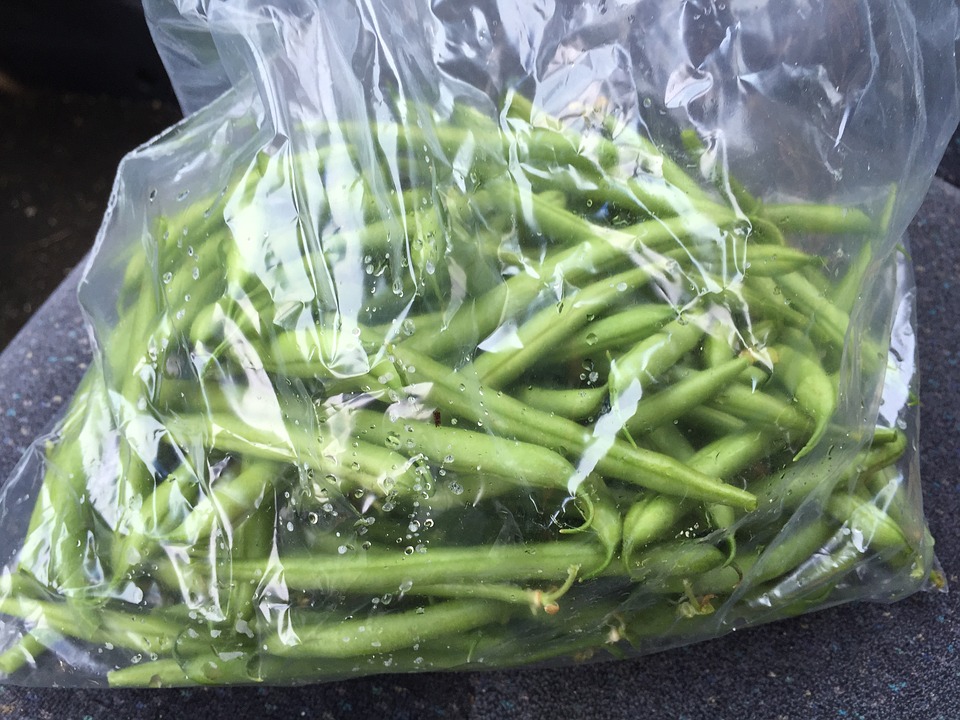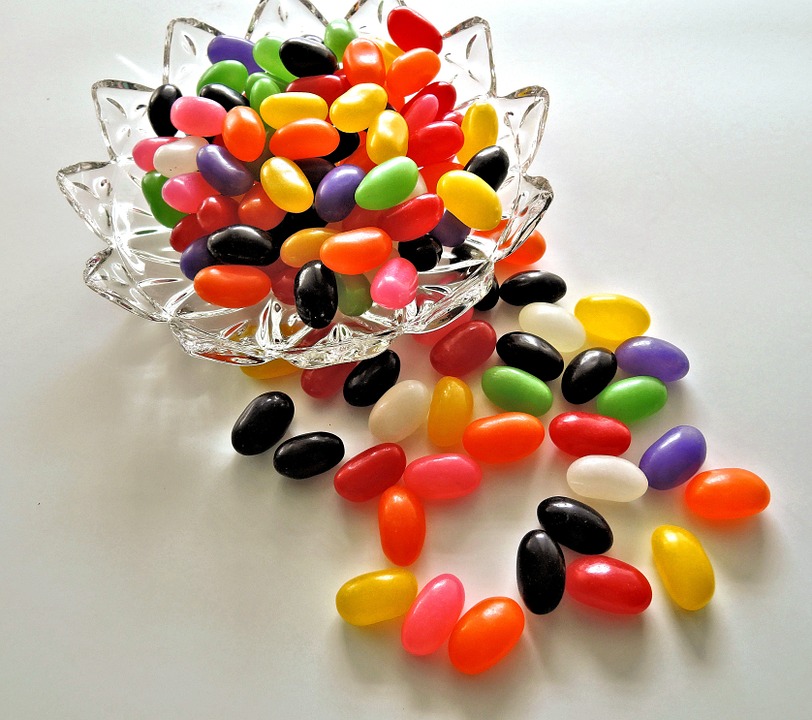This comprehensive guide will explore the world of green beans and rabbits, providing detailed information on their safety, nutritional value, and proper feeding practices. We will cover everything from the benefits of green beans for your rabbit's health to potential risks and how to introduce them safely into your pet's diet.
Part 1: Understanding Your Rabbit's Dietary Needs

1.1. The Importance of a Balanced Diet
Rabbits are herbivores, meaning their diet should primarily consist of plant-based foods. A balanced diet is crucial for their health and well-being, ensuring they receive all the necessary nutrients.
1.2. The Role of Hay
Hay should form the foundation of your rabbit's diet. Timothy hay, with its high fibre content, is particularly beneficial for digestive health and dental wear. Aim for unlimited access to hay throughout the day.
1.3. The Importance of Fresh Vegetables
Fresh vegetables provide a range of vitamins, minerals, and antioxidants that complement hay. They should be offered in moderation as part of a varied diet.
Part 2: Green Beans: A Nutritious Treat

2.1. Nutritional Profile
Green beans offer a range of essential nutrients for rabbits, including:
- Vitamin C: Supports immune function and overall health.
- Vitamin K: Crucial for blood clotting and bone health.
- Vitamin A: Supports healthy vision and skin.
- Fibre: Promotes healthy digestion and prevents digestive issues.
- Potassium: Helps regulate fluid balance and muscle function.
- Antioxidants: Help protect cells from damage and reduce inflammation.
2.2. Benefits for Rabbits
- Digestive Health: The high fibre content aids in maintaining a healthy digestive system, reducing the risk of gut problems.
- Dental Health: Chewing on green beans helps wear down their constantly growing teeth, preventing dental issues.
- Immune System Support: Vitamins and antioxidants contribute to a strong immune system.
- Weight Management: Green beans are low in calories and high in fibre, making them a suitable snack for overweight rabbits.
Part 3: Safety Considerations
3.1. Are Green Beans Safe for Rabbits?
Yes, green beans are generally safe for rabbits in moderation. However, several factors need to be considered to ensure their safety.
3.2. Potential Risks and Considerations
- Indigestion: Green beans, like other vegetables, can cause digestive upset if introduced too quickly or in large quantities.
- Bloating: Overfeeding can lead to bloating and discomfort.
- Stringiness: The stringy parts of the green bean can be difficult to digest and may cause digestive issues.
- Pesticides: Always choose organic green beans or wash conventional ones thoroughly to remove pesticide residue.
- Toxicity: Avoid giving your rabbit raw green bean pods, as they contain the toxic compound phaseolunatin.
Part 4: How to Introduce Green Beans Safely
4.1. Start Slowly
Introduce green beans gradually to your rabbit's diet, starting with a small piece and monitoring for any adverse reactions.
4.2. Recommended Serving Size
A small handful of chopped green beans (about 2-3 tablespoons) is a suitable serving size for a medium-sized rabbit. Adjust the amount based on your rabbit's size and weight.
4.3. Feeding Frequency
Offer green beans 1-2 times per week as a treat. Don't overfeed them, as they should not be a staple food in your rabbit's diet.
Part 5: Proper Preparation
5.1. Washing and Chopping
Thoroughly wash green beans under running water to remove any dirt or pesticide residue. Chop them into small, bite-sized pieces to prevent choking.
5.2. Cooking Options
While raw green beans are safe, steaming or blanching them can make them easier to digest. Avoid adding salt, spices, or other seasonings.
Part 6: Choosing the Right Green Beans
6.1. Fresh Green Beans
Fresh green beans are the most natural option, offering optimal nutritional value. Choose beans that are firm, crisp, and free from any blemishes or signs of damage.
6.2. Frozen Green Beans
Frozen green beans can be a convenient alternative. Ensure they are plain and free from added salt or seasonings.
6.3. Canned Green Beans
Canned green beans are generally not recommended as they often contain high amounts of sodium and preservatives, which can be harmful to rabbits.
Part 7: Monitoring Your Rabbit's Response
7.1. Signs of Digestive Distress
After introducing green beans, closely observe your rabbit for any signs of digestive upset, such as:
- Diarrhoea
- Gas
- Bloating
- Loss of appetite
- Lethargy
7.2. Adjusting the Amount or Discontinuing
If you notice any signs of distress, reduce the amount of green beans you offer or discontinue them entirely. Consult with your veterinarian if you have any concerns.
Part 8: Complementary Vegetables
8.1. A Varied Diet
While green beans can be a healthy treat, it's essential to offer your rabbit a diverse diet. Other safe and nutritious vegetables include:
- Carrot tops
- Spinach (in moderation)
- Kale (in moderation)
- Parsley
- Celery (without the leaves)
- Dandelion greens
- Bell peppers
- Cucumber
8.2. Introducing New Vegetables Gradually
Always introduce new vegetables gradually, monitoring your rabbit's response carefully.
Part 9: The Importance of Fresh Water
9.1. Maintaining Hydration
Rabbits need constant access to fresh, clean water. A ceramic bowl or water bottle is suitable for providing water.
9.2. Monitoring Water Intake
Ensure your rabbit is drinking enough water. A decrease in water intake could indicate a health issue, and you should consult with your veterinarian.
Part 10: Consult with Your Veterinarian
10.1. Personalized Advice
Always consult with your veterinarian before making any significant changes to your rabbit's diet. They can provide personalized advice based on your rabbit's individual needs, age, health, and breed.
10.2. Monitoring for Health Issues
Regular veterinary check-ups are crucial for maintaining your rabbit's health and detecting any potential health problems.
FAQs
1. Can rabbits eat green bean pods?
While rabbits can eat green bean pods, it's best to remove the strings and seeds before offering them. The strings can be difficult to digest and the seeds may contain the toxic compound phaseolunatin.
2. Can rabbits eat green bean stems?
The stems of green beans are tougher to digest than the beans themselves and are generally not recommended for rabbits.
3. Are green beans better raw or cooked?
Both raw and cooked green beans can be safe for rabbits, but cooked green beans are easier to digest and might be preferable. However, avoid adding any salt, spices, or seasonings.
4. How much green bean is too much for my rabbit?
A small handful of chopped green beans (about 2-3 tablespoons) is usually a safe amount for a medium-sized rabbit. You can adjust the amount based on your rabbit's size and weight.
5. What if my rabbit doesn't like green beans?
Not all rabbits enjoy every type of vegetable. If your rabbit isn't interested in green beans, try offering other safe and healthy alternatives.
6. Can I give my rabbit green bean sprouts?
Yes, green bean sprouts can be safe for rabbits in moderation. They are a good source of vitamins and minerals.
7. Can I give my rabbit green bean juice?
Green bean juice is not recommended for rabbits. They need the fibre content found in whole green beans.
8. Can I give my rabbit green beans with other foods?
While mixing green beans with other vegetables or treats is acceptable, avoid combining them with potentially harmful ingredients, such as onions, garlic, or chocolate.
This guide provides comprehensive information on feeding green beans to rabbits. Remember, consult with your veterinarian for personalized advice and always observe your rabbit's response to new foods. By providing a balanced and varied diet, you can ensure your rabbit's health and happiness.
Everyone is watching
-

Do Rabbits Lay Eggs? (The Surprising Truth)
OTHER TYPES OF PETSThis article will unravel the common misconception that rabbits lay eggs, exploring the fascinating world of r...
-

What's a Group of Rabbits Called? (A Comprehensive Guide)
OTHER TYPES OF PETSThis article delves into the fascinating world of rabbits, exploring the various terms used to describe a grou...
-

Can Rabbits Eat Grapes? A Guide to Safe Rabbit Treats
OTHER TYPES OF PETSThis comprehensive guide will explore the safety and suitability of grapes for rabbits, providing detailed inf...
-

Predators That Hunt Rabbits: A Guide to Natural Enemies
OTHER TYPES OF PETSI've always been fascinated by the circle of life, that delicate dance between predator and prey. Growing up ...
-

Are Rabbits Nocturnal Animals?
OTHER TYPES OF PETSThe question of whether rabbits are nocturnal animals is a fascinating one, with a surprisingly complex answer...
